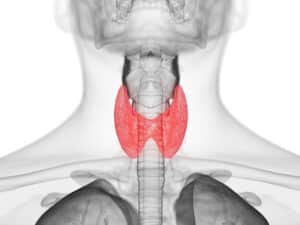Enhanced Awareness Needed for Accurate Diagnosis and Effective Treatment
Introduction:
Polycystic ovary syndrome (PCOS) is a complex endocrine disorder that affects millions of women worldwide. Characterized by hormonal imbalances, irregular menstrual cycles, and the presence of cysts on the ovaries, PCOS poses various challenges for both patients and healthcare providers. However, it is crucial to recognize that PCOS is often accompanied by another frequently overlooked condition: thyroid dysfunction. In this article, we will delve into the significance of identifying thyroid dysfunction in PCOS patients, shed light on the limitations of standard thyroid testing, and emphasize the potential consequences of missed diagnoses. Understanding this relationship is paramount in helping patients achieve optimal health and well-being.
The Thyroid-PCOS Connection:

The thyroid gland, located in the neck, plays a pivotal role in regulating metabolism, growth, and energy expenditure. When the thyroid malfunctions, it can lead to a range of symptoms, including weight gain, fatigue, and mood disturbances. These symptoms often overlap with those experienced by PCOS patients, making it challenging to differentiate between the two conditions.Standard Thyroid Testing Limitations:
While thyroid testing is an integral part of diagnosing thyroid dysfunction, it is important to note that standard testing methods can be less reliable in PCOS patients. The conventional approach typically involves measuring thyroid-stimulating hormone (TSH) levels as a primary indicator of thyroid function. However, research has demonstrated that TSH levels may not accurately reflect thyroid dysfunction in PCOS patients. This discrepancy is thought to be due to alterations in the hypothalamic-pituitary-thyroid axis, which regulates thyroid hormone production.
The Importance of Comprehensive Testing:
To avoid misdiagnoses and the potential for suboptimal treatment outcomes, it is crucial to adopt a comprehensive approach to thyroid testing in PCOS patients. This involves assessing additional thyroid markers beyond TSH, such as free triiodothyronine (FT3), free thyroxine (FT4), and thyroid autoantibodies (TPOAb and TgAb). These markers provide a more comprehensive picture of thyroid function and can help identify subtle abnormalities that might otherwise go undetected.
Consequences of Missed Thyroid Dysfunction:
Failure to identify thyroid dysfunction in PCOS patients can have serious consequences. The overlapping symptoms of these two conditions can easily be misattributed solely to PCOS, leading to incomplete treatment plans and unresolved health issues. Furthermore, untreated thyroid dysfunction can exacerbate hormonal imbalances, leading to an amplification of PCOS symptoms, including weight gain, fatigue, and irregular menstrual cycles. This vicious cycle can significantly impact a patient’s quality of life, both physically and emotionally.
Holistic Treatment Approaches:
Recognizing the thyroid-PCOS connection enables healthcare providers to develop more effective treatment strategies. Correcting thyroid dysfunction, either through medication or natural interventions, can help restore balance to the endocrine system and alleviate PCOS symptoms. It is imperative that PCOS patients receive a comprehensive evaluation that considers both conditions and integrates treatment modalities accordingly.
Conclusion:
Identifying and addressing thyroid dysfunction in PCOS patients is of paramount importance. By understanding the limitations of standard thyroid testing, healthcare providers can adopt a more comprehensive approach that ensures accurate diagnoses and appropriate treatment plans. Failure to recognize the thyroid-PCOS connection can result in prolonged suffering, exacerbated symptoms, and hindered progress towards improved health. Empowering both patients and healthcare providers with knowledge about this intricate relationship is vital in optimizing the well-being of those affected by PCOS



